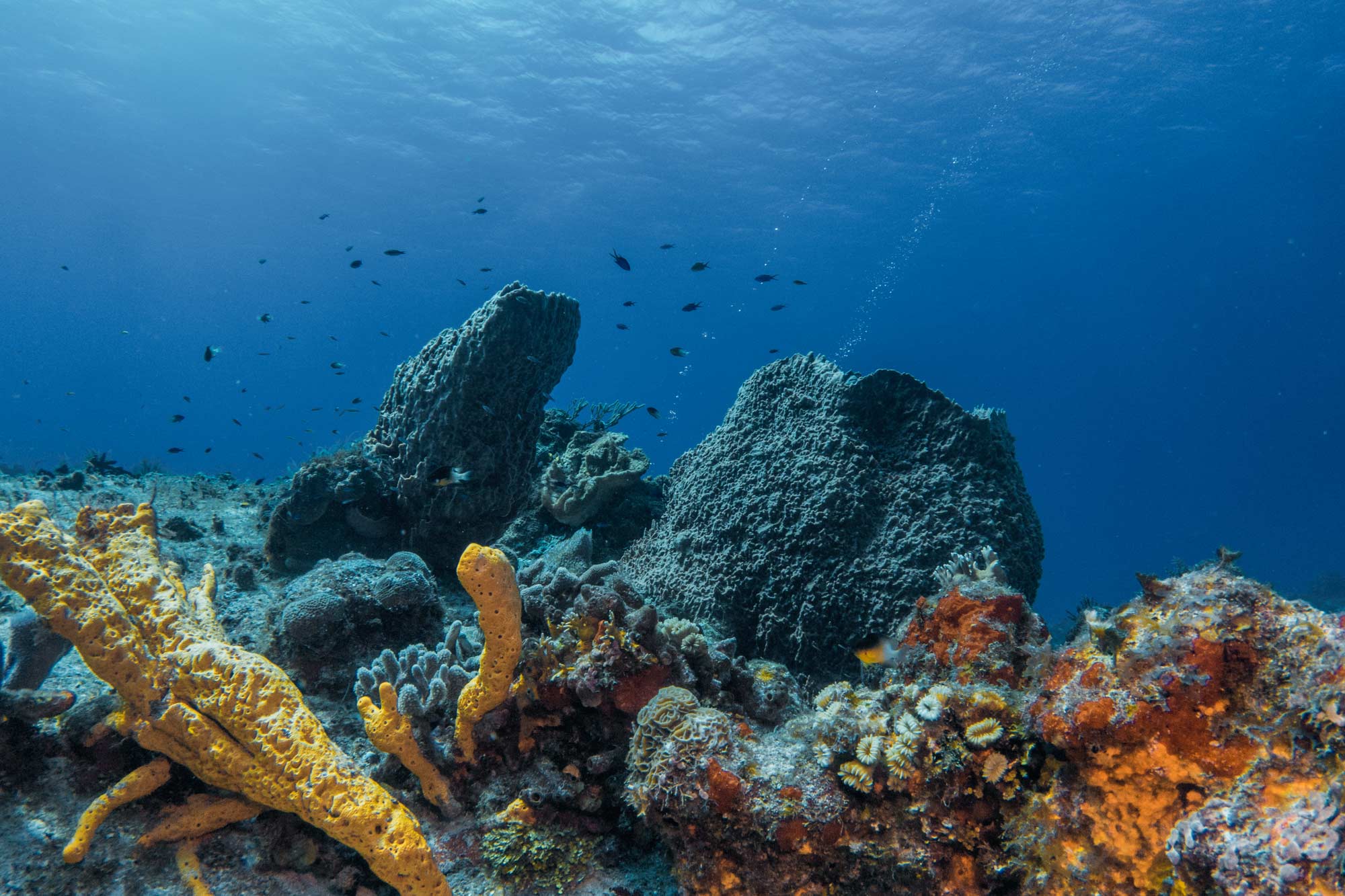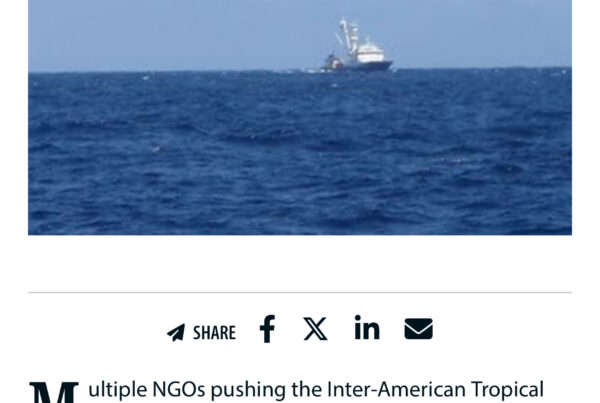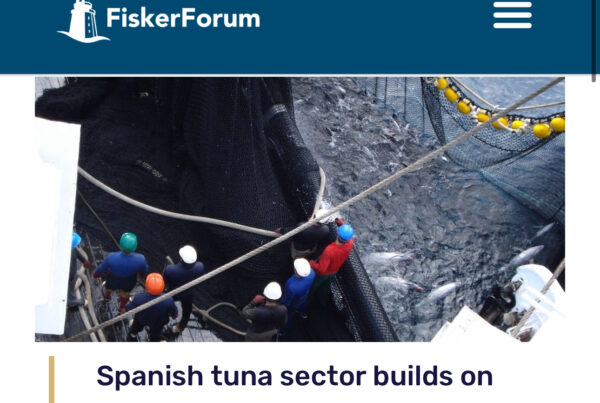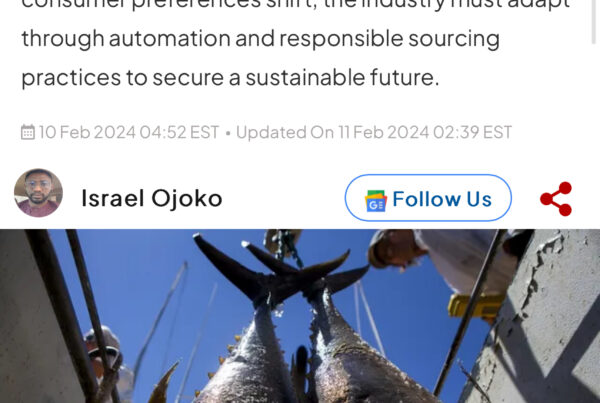Celebrating Habitat Month 2022: Healthy Habitat, Resilient Infrastructure
During the month of July, we have been sharing the many habitat conservation efforts of NOAA Fisheries on our website and social media. The theme this year is “Healthy Habitat, Resilient Infrastructure.” Learn more about the role of healthy habitat in building coastal resilience.
First Comprehensive Policy on Mitigation to Conserve Natural Resources
We are pleased to announce our first comprehensive Mitigation Policy for Trust Resources, which will improve conservation through avoiding, minimizing, and compensating for adverse impacts to natural resources, simultaneously advancing clean energy, infrastructure, and environmental goals.
Highlights
Final Reminder: Draft Climate Science Regional Action Plans
NOAA Fisheries released seven draft 2022–2024 climate science regional action plans for public comment. These come in response to high and growing demands for information on what is changing, what is at risk, and how to respond to climate-related changes in U.S. marine and coastal ecosystems. Each plan identifies specific actions to better track changes, assess risks, provide early warnings, and evaluate best management strategies for changing conditions in each region. The comment deadline is July 29.
Alaska
Science Blog: Winter Observing on a Commercial Longline Vessel
Join fish biologist Rory Morgan as she braves the Arctic winter on a commercial fishing vessel in the Bering Sea to collect valuable scientific information as part of the North Pacific Observer Program. This is the seventh post in the ongoing Winter Observing on a Long-Line Vessel science blog series.
Southeast
Oyster Reef Habitat Restoration to Protect Georgia’s Coast
NOAA’s Southeast Fisheries Science Center is working with partners at the Georgia Department of Natural Resources on two oyster reef restoration projects that will protect Georgia’s saltwater marshes and coastline.
New England/Mid-Atlantic
Ocean Models Help Link Environmental Conditions to a Fishery Stock Assessment
NOAA scientists used ocean models to develop more detailed information about a seasonal, offshore cold-water mass called the “cold pool.” They helped unlock a mystery: why have yellowtail flounder off southern New England and the mid-Atlantic not rebounded despite nearly 30 years of recovery efforts? We are one step closer to using ocean and climate information to improve stock assessments and management measures.



